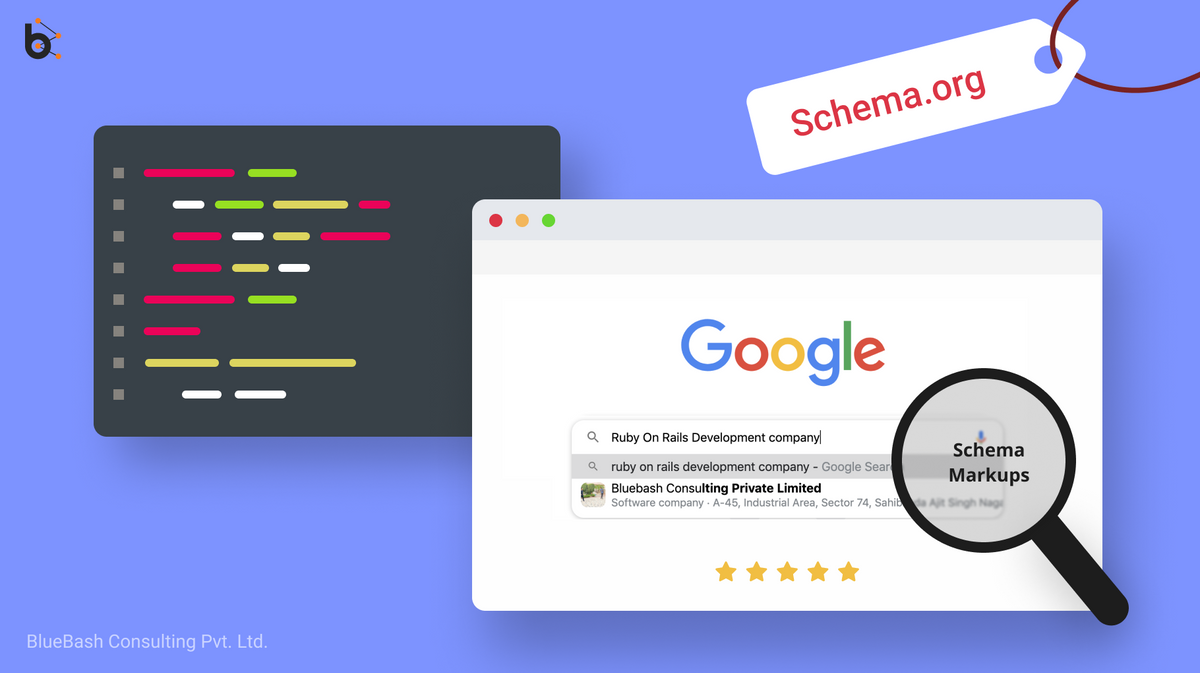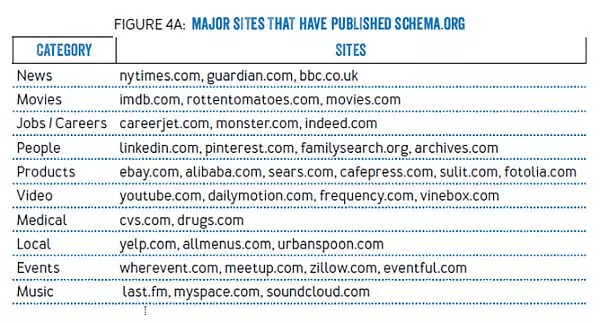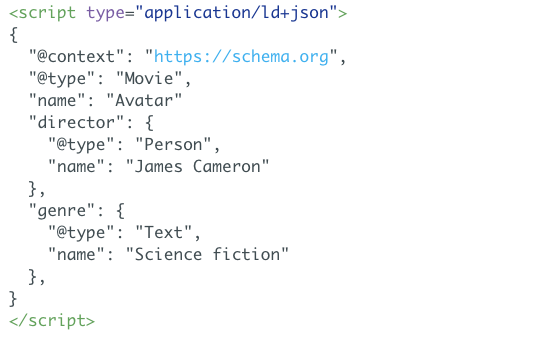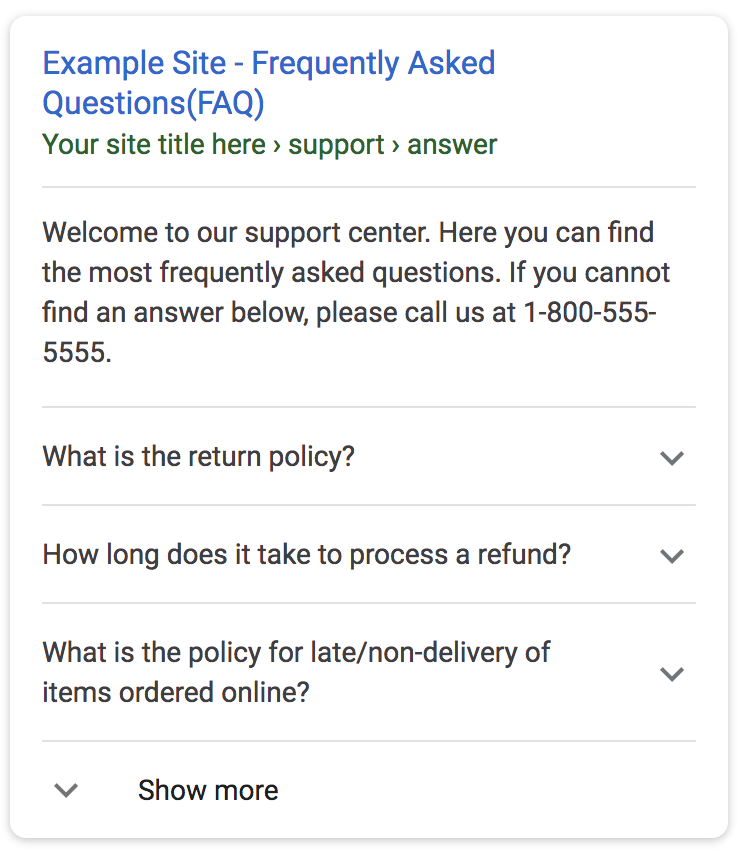Boost organic search using Schema Markup
Schema Markup is one of the latest evolutionary steps in the space of SEO. It is becoming the one-stop solution for Webmasters (the webmasters) to optimize your Website and leverage it in the organic search result rankings.

Schema Markup is one of latest evolutionary step in the space of SEO. It is becoming the one stop solution for the Webmasters(the web masters) to optimize your Website and leverage it in the organic search result rankings. This new form of optimization is mainstream in one of the inbound marketing strategies of the most potential organisations. In modern times Schema markup is the by product of the vocabularies served by the Schema.org. Webmasters use this shared vocabulary to structure metadata on their websites and to help search engines understand the published content, a technique known as search engine optimization.
What actually is Schema Markup ?
Schema Markup is the code embedded in the webpage, that helps search engines provide informative data, the rich results to their users, subsequently attracting and inducing users to land your website, just like the screenshot below.

Need of Schema Markup
Your web pages have an underlying meaning that people understand when they read the web pages. But search engines have a limited understanding of what is being discussed on those pages.
For example:
<h1>Avatar</h1> represents the header text "Avatar", however it doesn't specify of what actually "Avatar" mean —"Avatar" could refer to the hugely successful 3D movie, or it could refer to a type of profile picture—and this can make it more difficult for search engines to intelligently display relevant content to a user.
Thereby providing explicit clues, adding additional tags(code) into the web pages — tags that say, "Hey search engine, this information describes this specific movie, or place, or product, or event"— helps search engines and other applications better understand your content and display it in a useful, relevant way.
Schema.org
Founded by Google, Microsoft, Yahoo and Yandex. Schema.org is a collaborative community with a mission to create, maintain, and promote schemas for structured data on the Internet, on web pages, in email messages, and beyond. Over 10 million sites use Schema.org to markup their web pages and email messages. Many applications from Google, Microsoft, Pinterest, Yandex and others already use these vocabularies to power rich, extensible experiences. Schema.org provides a collection of shared vocabularies webmasters can use to mark up their pages in ways that can be understood by the major search engines: Google, Microsoft, Yandex and Yahoo!

How Schema.org vocabulary is used
Most Webmasters are familiar with the HTML tags. Usually, HTML tags are just intend to display the information upon the browser based on the HTML tags they are enclosed in, however they don't specify the authors intent. Schema.org's shared vocabulary is used along with different popular formats, the Microdata, RDFa & JSON-ld formats are the different ways webmasters use to accomplish the same task, to explicitly clue the author's actual intent, that too in a structured form.
Schema markup helps rank your website for all kinds of content type, here is the set of commonly used item types...
- Articles
- Local Businesses
- Restaurants
- TV episodes and ratings
- Book Reviews
- Movies
- Software Applications
- Events
- Products
You can also see a full list of all item types, listed on a single page.
Suppose a page about the movie Avatar with the following HTML code:

Microdata
The corresponding schema marked up HTML code using Microdata :

JSON-ld
The corresponding schema marked up HTML code using JSON-ld :

Google Supported Schema Markup Types
Book
Book actions that enable users to buy the book that they find directly from Search results.

Breadcrumb
Navigation that indicates the page's position in the site hierarchy.

Product
Information about a product, including price, availability, and review ratings.!
FAQ
A Frequently Asked Question (FAQ) page contains a list of questions and answers pertaining to a particular topic.

I has been a great quick introduction on using Schema Markup for boosting the traffic to your webpage and leveraging the organic search engine rankings.
If you need more information or have any opportunity to be discussed, feel free to add a comment in comment box below. :)


